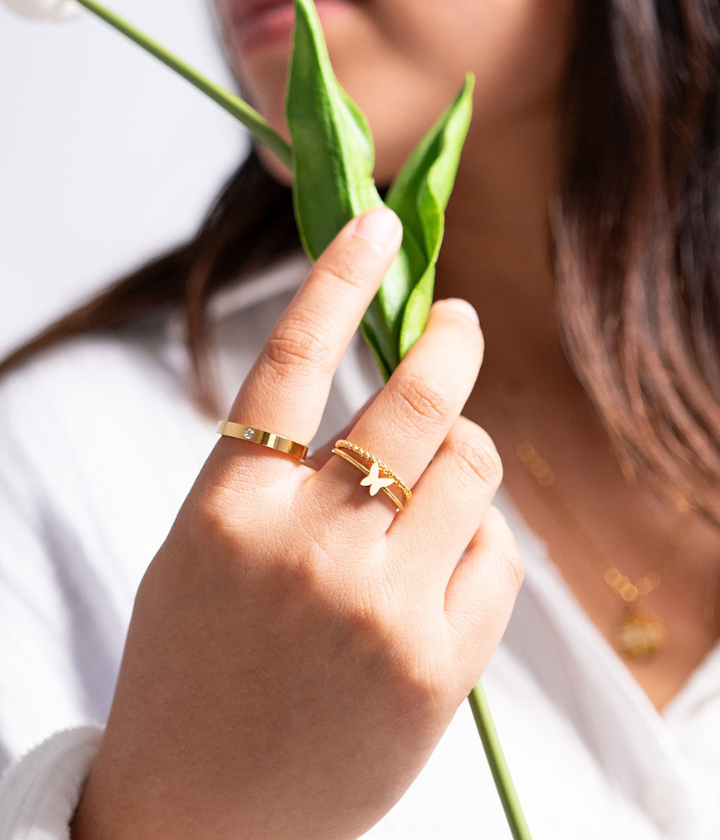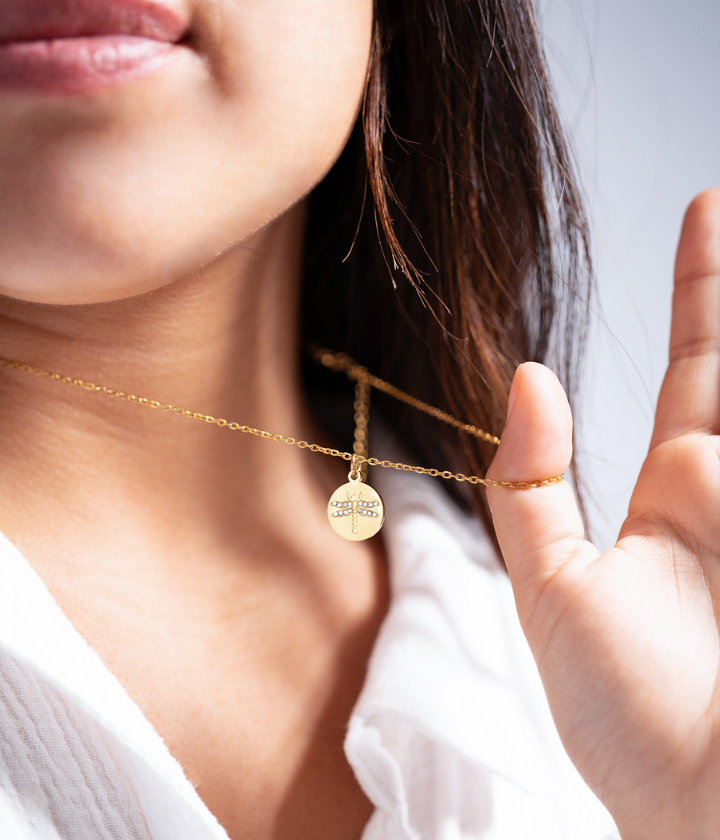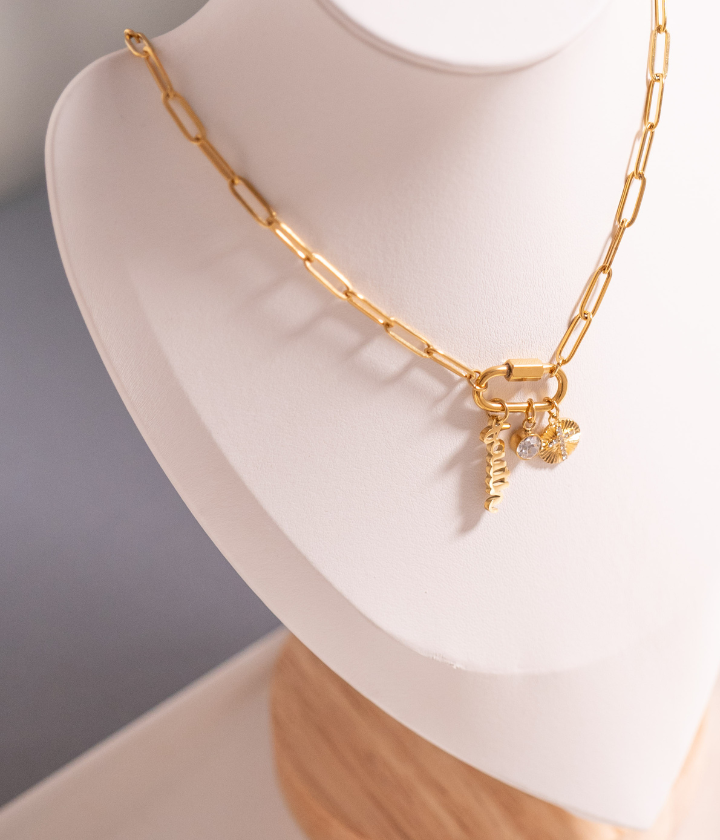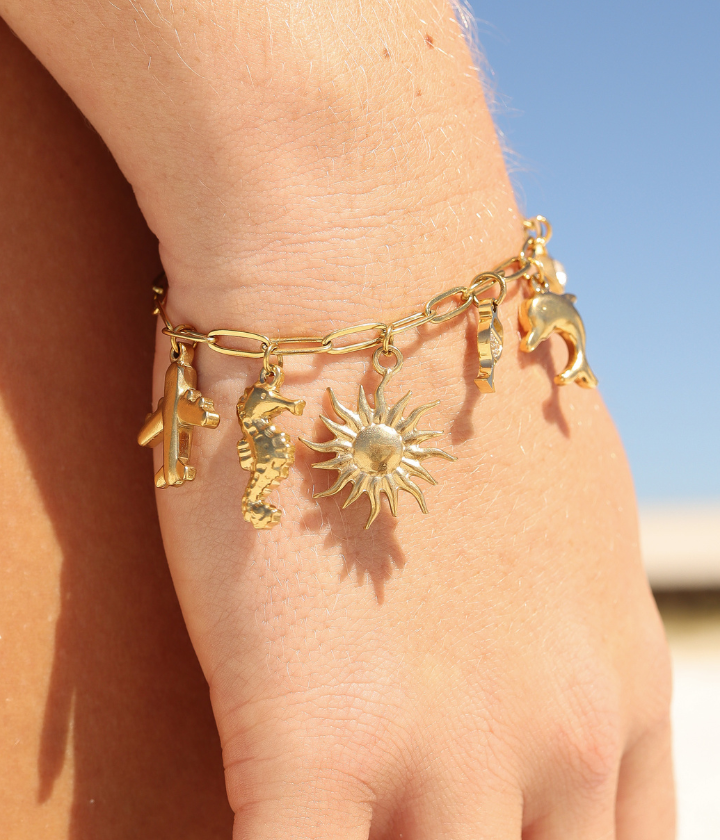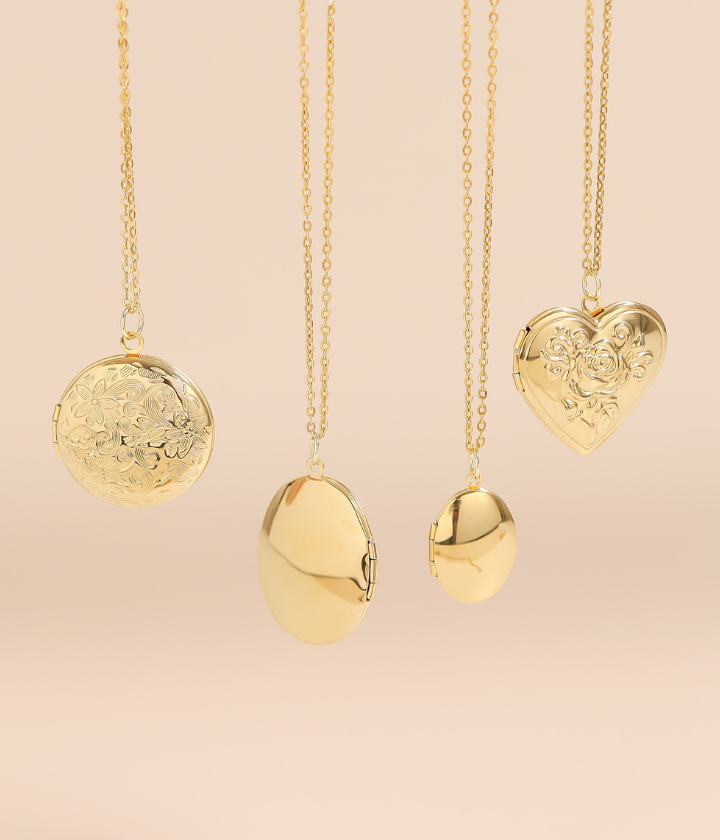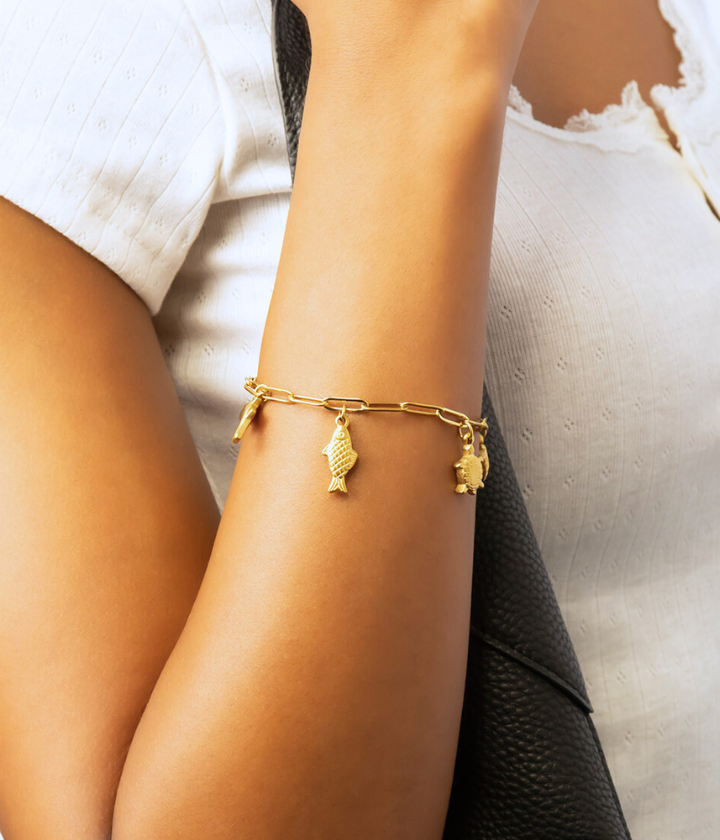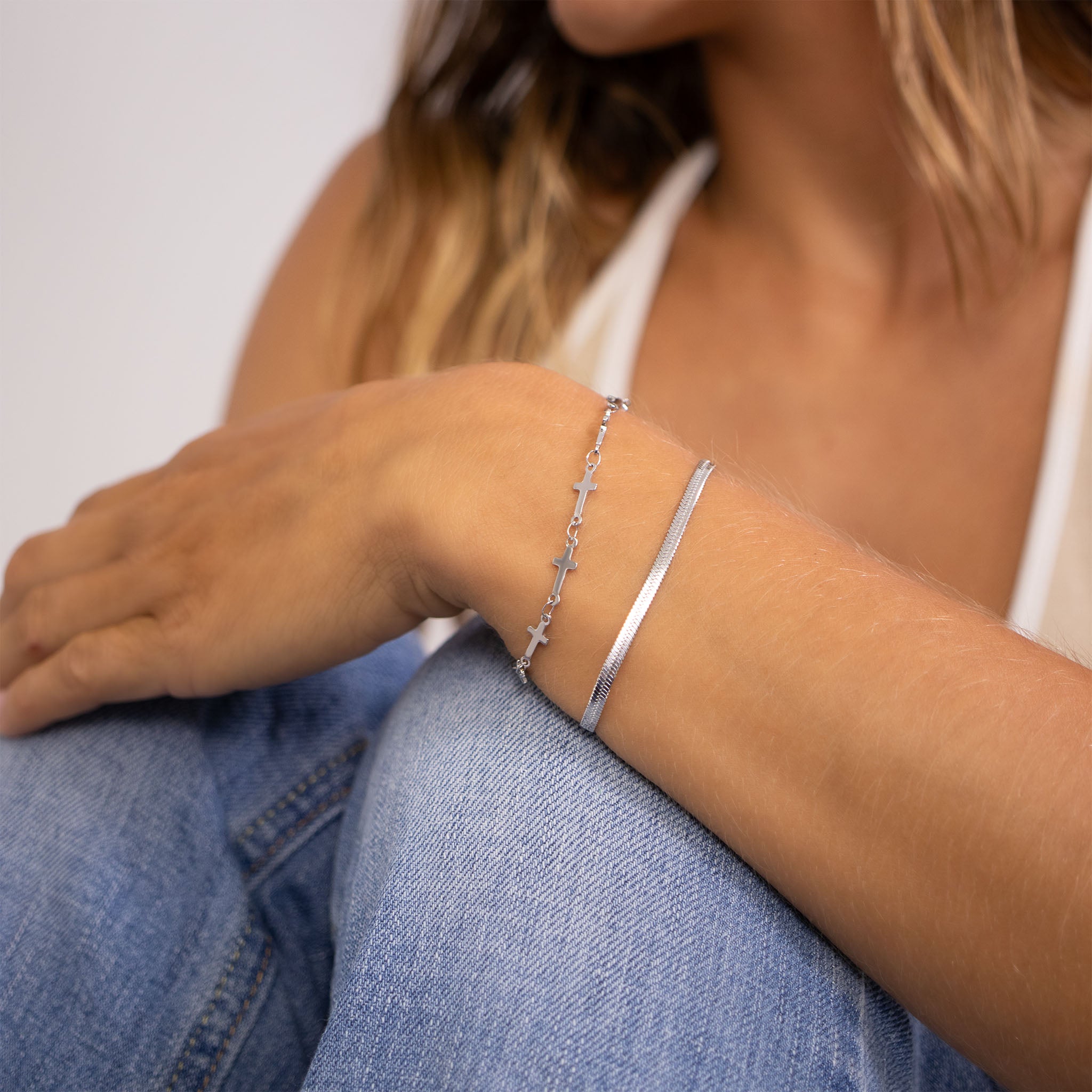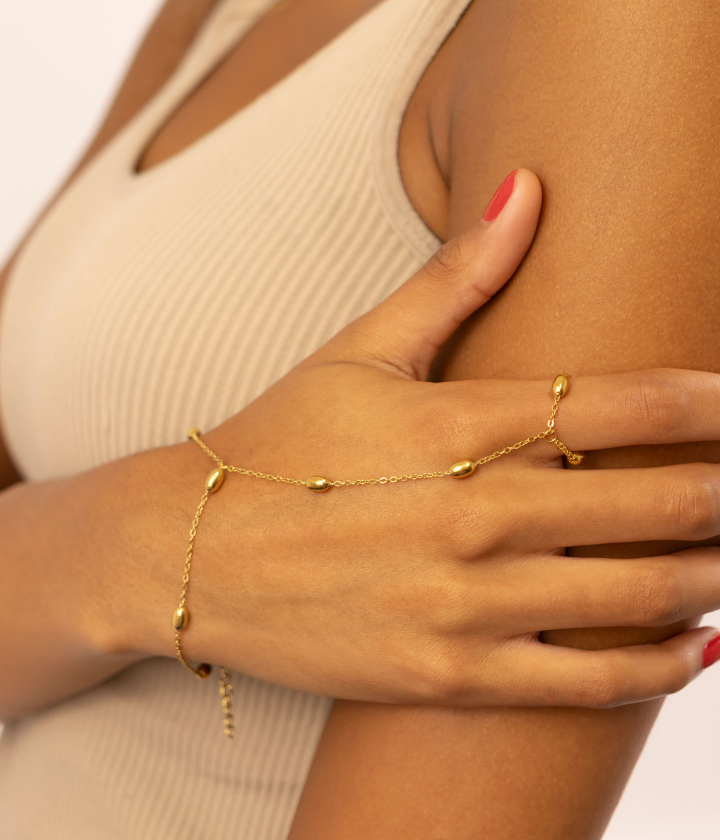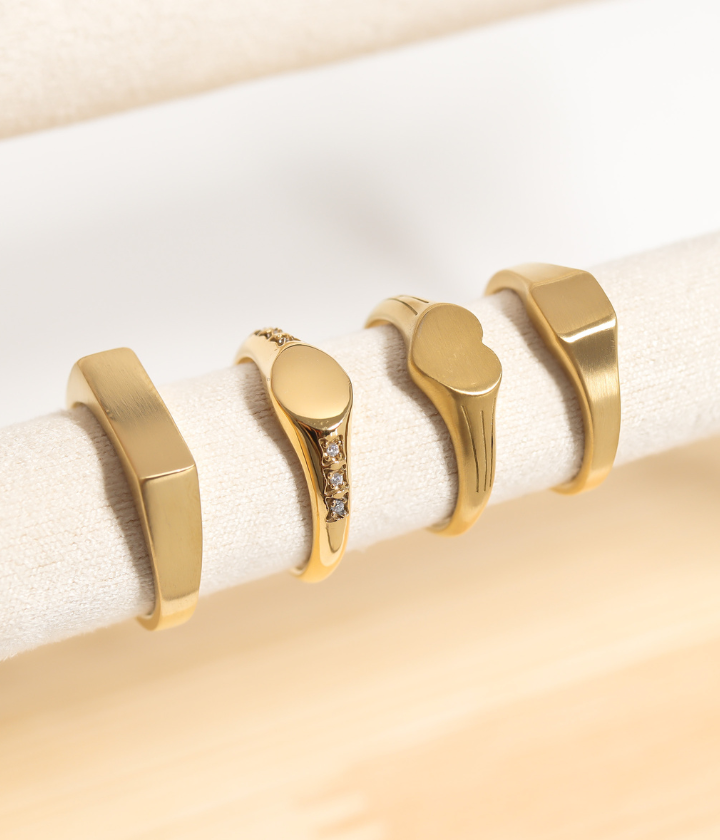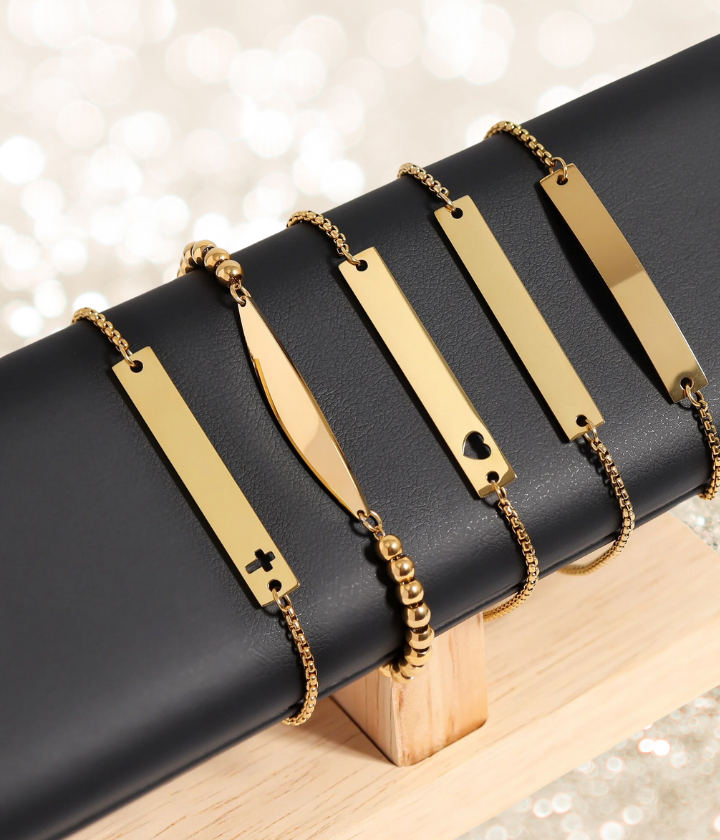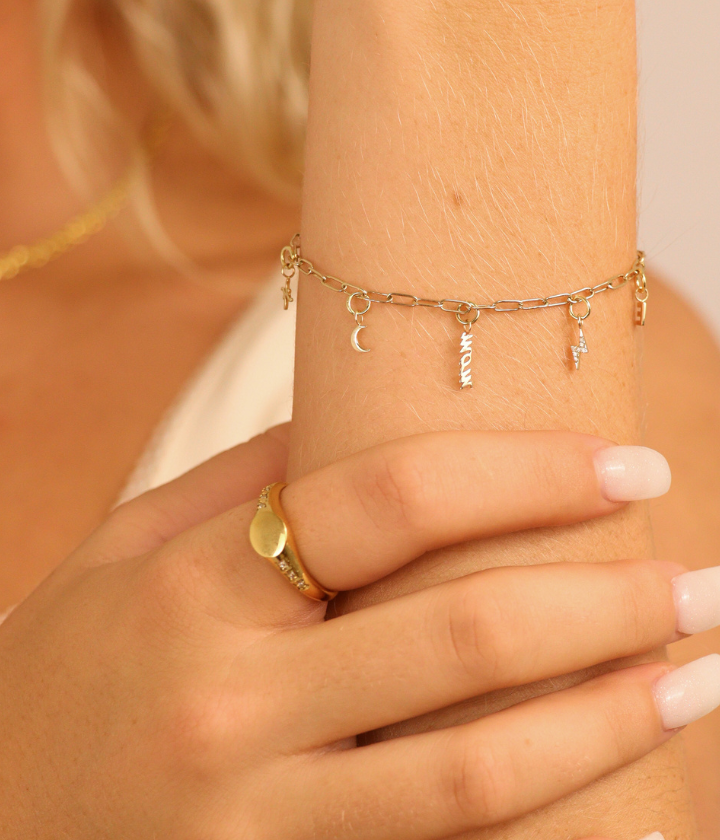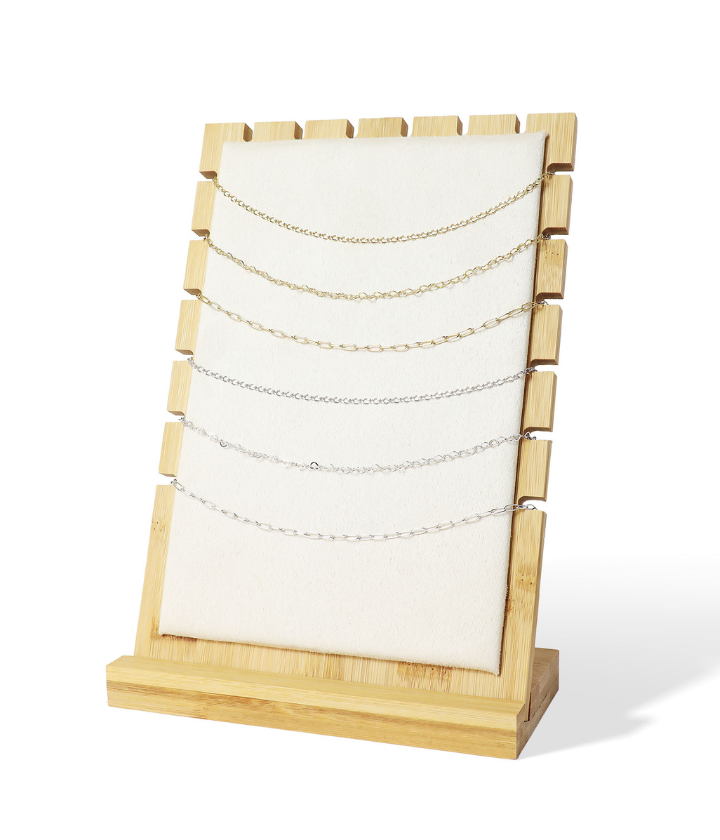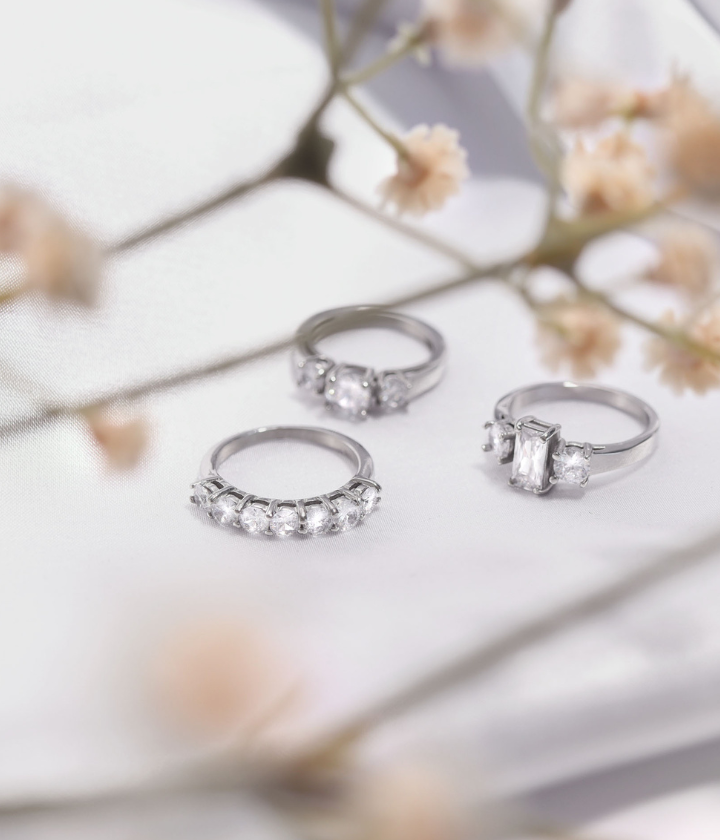
In today’s competitive retail landscape, jewelry brands face rising costs, tight margins, and pressure to offer fresh, trend-forward inventory. One of the most effective ways for retail jewelry brands to boost profitability and scale sustainably is by sourcing wholesale jewelry for resale. With strategic purchasing and strong supplier relationships, retailers can significantly improve their profit margins, reduce risk, and better meet evolving customer demands.
Whether you run a boutique, ecommerce store, or chain of retail locations, partnering with the right wholesale jewelry suppliers can give you a competitive edge. Here's how.
The Business Case for Wholesale Jewelry in Retail
Why Retailers Turn to Wholesale Jewelry
Wholesale jewelry allows retailers to buy high-quality products at significantly reduced prices compared to working with manufacturers directly or creating pieces in-house. This model is particularly attractive for small-to-midsize retailers that lack the capital or infrastructure for custom production. Testing new designs can be expensive and buying jewelry from wholesale manufacturers greatly reduces this financial risk to their business.
The Cost Advantage of Buying in Bulk
Buying in bulk directly from a wholesale jewelry supplier dramatically lowers your cost of goods sold (COGS). This lower base cost means you have more flexibility when pricing your pieces, allowing for aggressive retail markups or customer discounts while maintaining healthy margins.
Competitive Edge through Wholesale Sourcing
Retailers that consistently work with reputable jewelry wholesale vendors gain access to curated collections, fast shipping, exclusive product lines, and sometimes private label jewelry options. This can set your brand apart from competitors who rely on slower or more expensive supply chains.
How Wholesale Jewelry Maximizes Retail Margins
Profit Margins: Wholesale vs. Direct-to-Consumer Sourcing
When you buy wholesale jewelry for resale, you’re accessing pieces at a fraction of retail prices. For example, a ring that retails for $100 might cost only $20–$30 wholesale. This allows for markup strategies of 3x or more, dramatically improving your retail jewelry profit margins.
Controlling Cost of Goods Sold (COGS)
Controlling your COGS is essential for long-term profitability. Wholesale sourcing allows you to budget more predictably and avoid high per-unit costs that can eat into your bottom line.
Dynamic Pricing and Markup Strategies
With wholesale jewelry, you can easily adapt your pricing strategy based on the market. For instance, offering volume discounts, bundling, or seasonal promotions becomes more feasible when your cost base is low.
Choosing the Right Wholesale Jewelry Supplier
Key Qualities to Look for in a Vendor
- Consistent product quality
- Transparent pricing and terms
- Flexible minimum order quantities (MOQs)
- Responsive customer service
- Reliable fulfillment timelines
Domestic vs. International Wholesale Sourcing
Domestic suppliers may offer faster shipping and easier communication, while international suppliers, particularly from countries like China, India, or Thailand, often offer lower unit costs. Consider your brand’s needs, shipping timelines, and customs implications when choosing.
Vetting Product Quality and Trustworthiness
Before making large purchases, do your research. Does the company have verified reviews listed on their website? What are the reviews saying? Do they check all of the boxes for the qualities above? You can also request samples, review return policies, and ask about quality assurance processes. A reputable supplier should stand behind their products and be willing to establish a long-term relationship.
Inventory Management and Scalability
Managing Minimum Order Quantities (MOQs)
MOQs vary by supplier and can affect your ability to test new inventory. Start with lower MOQ vendors if you’re launching new lines or testing seasonal pieces. This allows you to stay flexible without tying up too much capital.
Stock Rotation & Avoiding Overstock
Avoiding overstock is key to keeping your inventory lean. Wholesale jewelry offers fast restock options, making it easier to maintain fresh collections without bloated storage costs.
Leveraging Wholesale for Business Growth
As your retail jewelry business grows, wholesale sourcing becomes even more valuable. You can scale inventory quickly to match sales growth without reinventing your sourcing strategy or production process.
Trends in Wholesale Jewelry Retailing
Private Label and Custom Jewelry Options
Many modern wholesalers now offer private label jewelry, allowing you to add your branding to existing designs. This is a powerful way to create brand loyalty without the cost of in-house design and manufacturing.
Eco-Friendly and Ethically Sourced Wholesale Jewelry
Sustainability matters to modern consumers. Look for wholesale jewelry suppliers who provide ethically sourced materials, eco-friendly packaging, and fair labor practices to align with customer values.
Fast Fashion vs. Timeless Pieces: What Sells Best
While fashion jewelry changes rapidly, timeless staples like minimalist gold necklaces, hoop earrings, and classic gemstone rings never go out of style. A mix of trend-driven and evergreen designs is key to balancing turnover and long-term sales.
Tips for Maximizing ROI with Wholesale Jewelry
Bundling and Upselling Techniques
Increase average order value by bundling complementary items (e.g., matching earring and necklace sets) or offering tiered upsells. Wholesale pricing makes it easier to offer deals while still turning a profit.
Using Seasonal Trends to Boost Sales
Wholesale sourcing enables quick pivots to match holiday, seasonal, or influencer-driven trends. Look for vendors that update inventory regularly so you can stay ahead of consumer demand.
Customer Loyalty Through Consistent Quality
Consistent product quality from trusted wholesale partners ensures satisfied customers and repeat business. Don’t sacrifice quality for lower prices—your brand’s reputation depends on it.
Common Pitfalls to Avoid When Sourcing Wholesale Jewelry
Ignoring Quality for Price
Cheaper isn’t always better. Low-quality jewelry can tarnish quickly, break, or arrive with defects—damaging your brand image and increasing returns.
Overcommitting to Inventory
Be cautious when ordering large volumes of untested products. Start small, test sell-through rates, and scale up with proven items.
Lack of Contract or Terms with Suppliers
Always secure written agreements on pricing, delivery terms, returns, and defects. This protects your investment and avoids misunderstandings with your supplier.
Final Thoughts: Wholesale Jewelry Is a Smart Move for Retail Brands
Retail jewelry brands that leverage wholesale sourcing enjoy better profit margins, more pricing flexibility, and greater inventory control. By partnering with reliable suppliers and using savvy buying strategies, you can maximize your margins without sacrificing product quality or customer satisfaction.
Whether you’re a new boutique owner or a seasoned retailer, the right wholesale jewelry supplier can help you scale your brand, keep costs down, and thrive in a highly competitive industry.
FAQs
What is wholesale jewelry and how does it work?
Wholesale jewelry is sold in bulk at discounted prices to retailers, who resell it at a markup to customers.
How can buying wholesale jewelry increase profit margins?
Buying wholesale reduces the cost per unit, allowing retailers to apply higher markups and increase overall profitability.
What should retailers look for in a wholesale jewelry supplier?
Look for reliability, quality assurance, competitive pricing, low MOQs, and clear return policies.
Is wholesale jewelry suitable for small retail businesses?
Yes. Many wholesale suppliers cater to small businesses and offer low minimum order quantities, making it accessible and scalable.
What are common mistakes to avoid when buying wholesale jewelry?
Avoid sacrificing quality for price, overbuying inventory, and failing to confirm supplier terms in writing.


